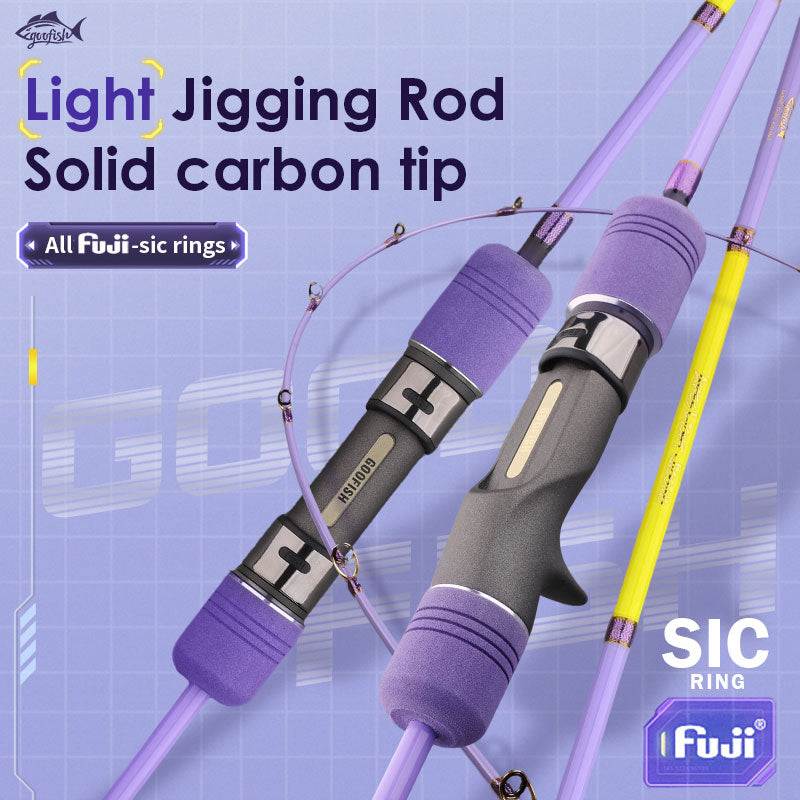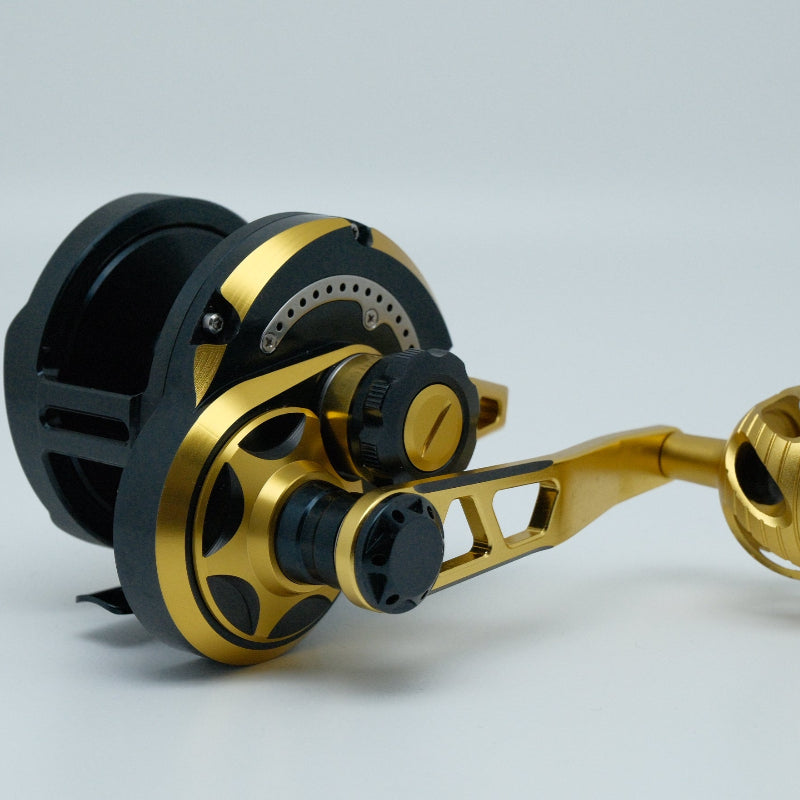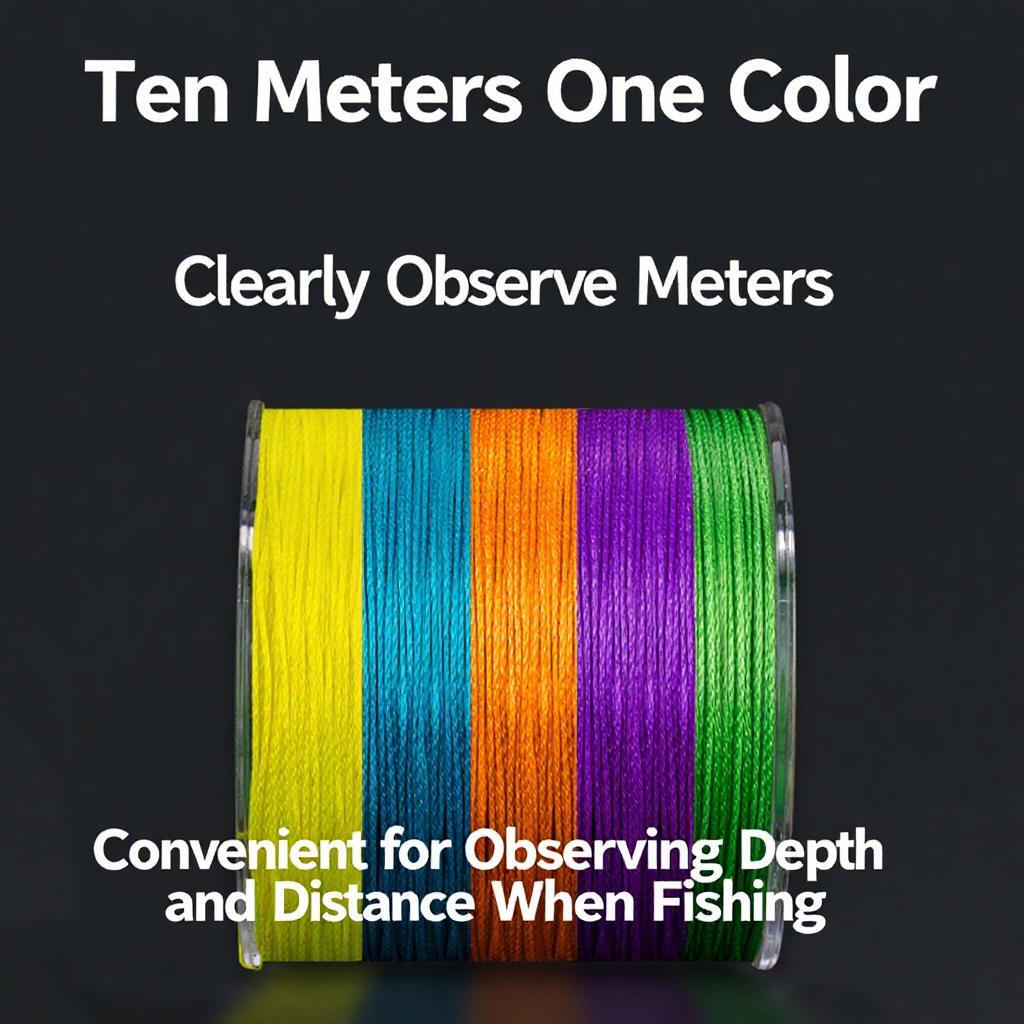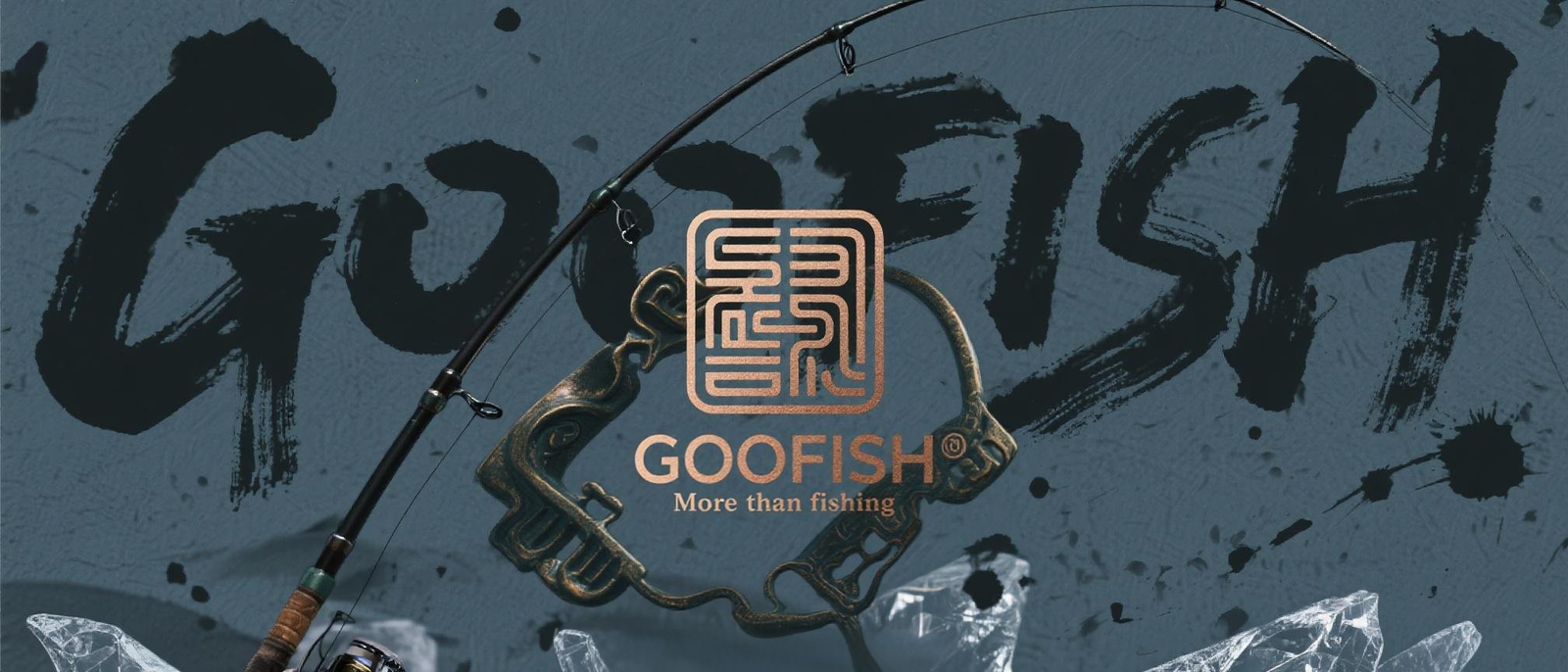The Best Jig Weight for Tuna with Slow Jigging Rod
When it comes to targeting tuna with a slow jigging rod, selecting the right jig weight is crucial for success. Let's dive into the specifics of choosing the best jig weight for this type of fishing.
What is Slow Jigging?
Slow jigging is a fishing technique that involves using specialized jigs to target fish species like tuna. This method requires precise control over the jig's movement to entice the fish to strike.
Factors to Consider
When determining the ideal jig weight for tuna fishing, several factors come into play. The depth of the water, the current strength, and the size of the tuna you are targeting all influence the weight of the jig you should use.
Choosing the Right Weight
For slow jigging tuna, a jig weight ranging from 80 grams to 200 grams is typically recommended. The weight you choose will depend on the conditions of the fishing spot and the behavior of the tuna in that area.
Benefits of the Ideal Jig Weight
Using the correct jig weight can significantly increase your chances of hooking a tuna. The right weight allows you to control the jig's movement effectively, mimicking the natural motion of prey and enticing the tuna to strike.
Experimentation and Adaptation
It's essential to experiment with different jig weights and techniques to find what works best in a particular fishing scenario. Tuna behavior can vary based on factors like water temperature and bait availability, so being adaptable is key.
Final Thoughts
Choosing the best jig weight for tuna fishing with a slow jigging rod requires a combination of knowledge, experience, and adaptability. By understanding the factors that influence jig weight selection and being willing to experiment, you can increase your chances of a successful tuna fishing trip.











Leave a comment